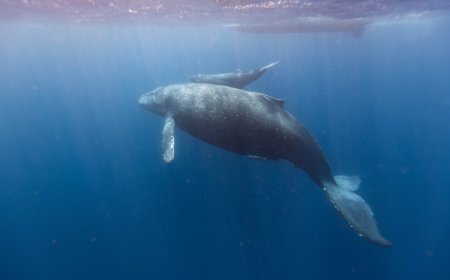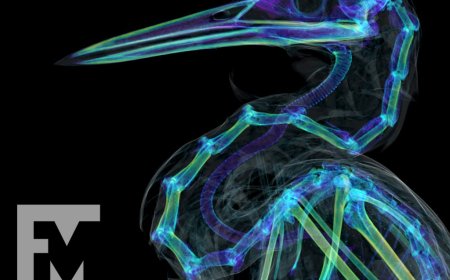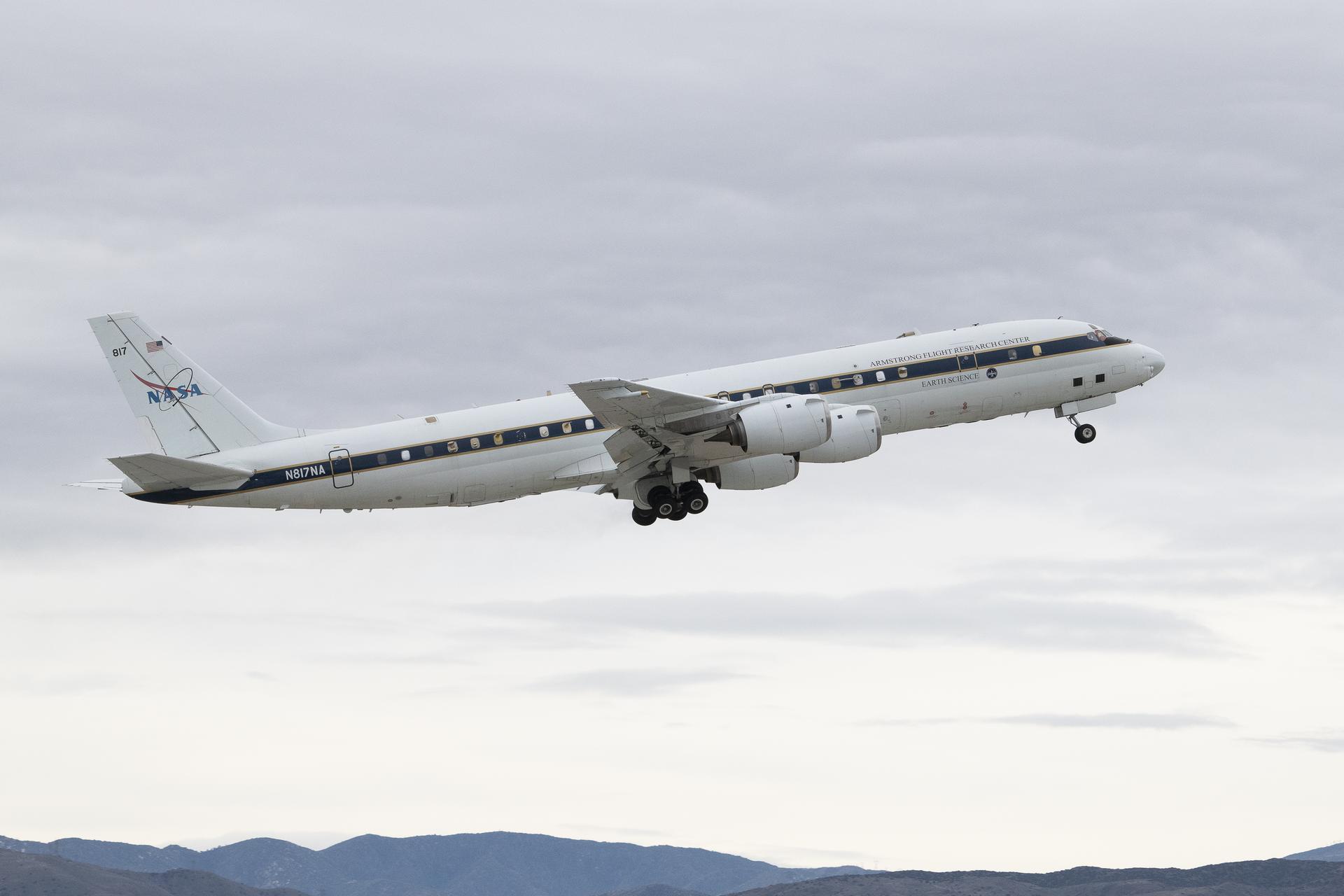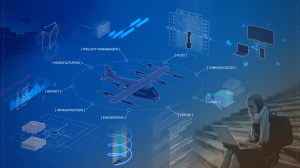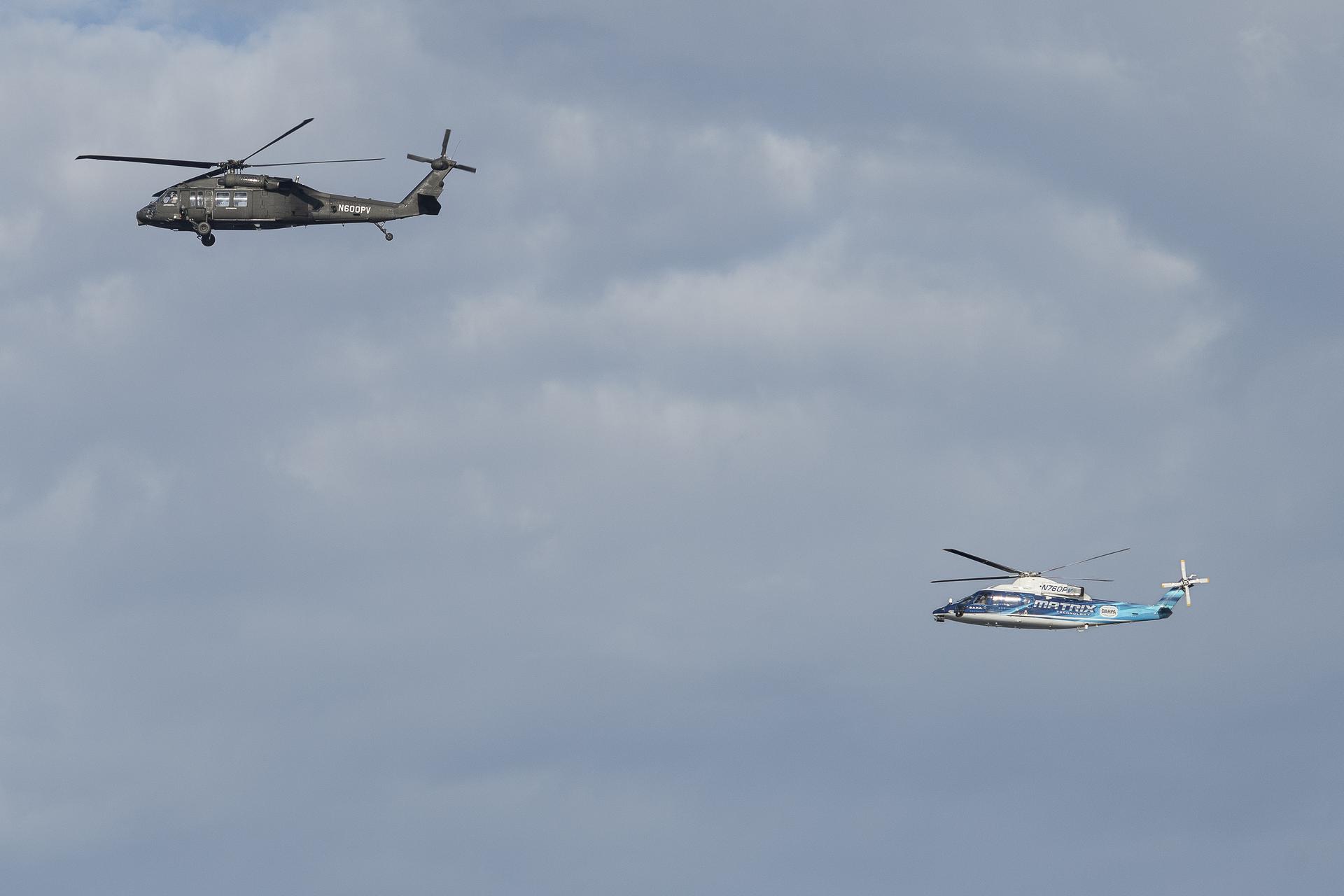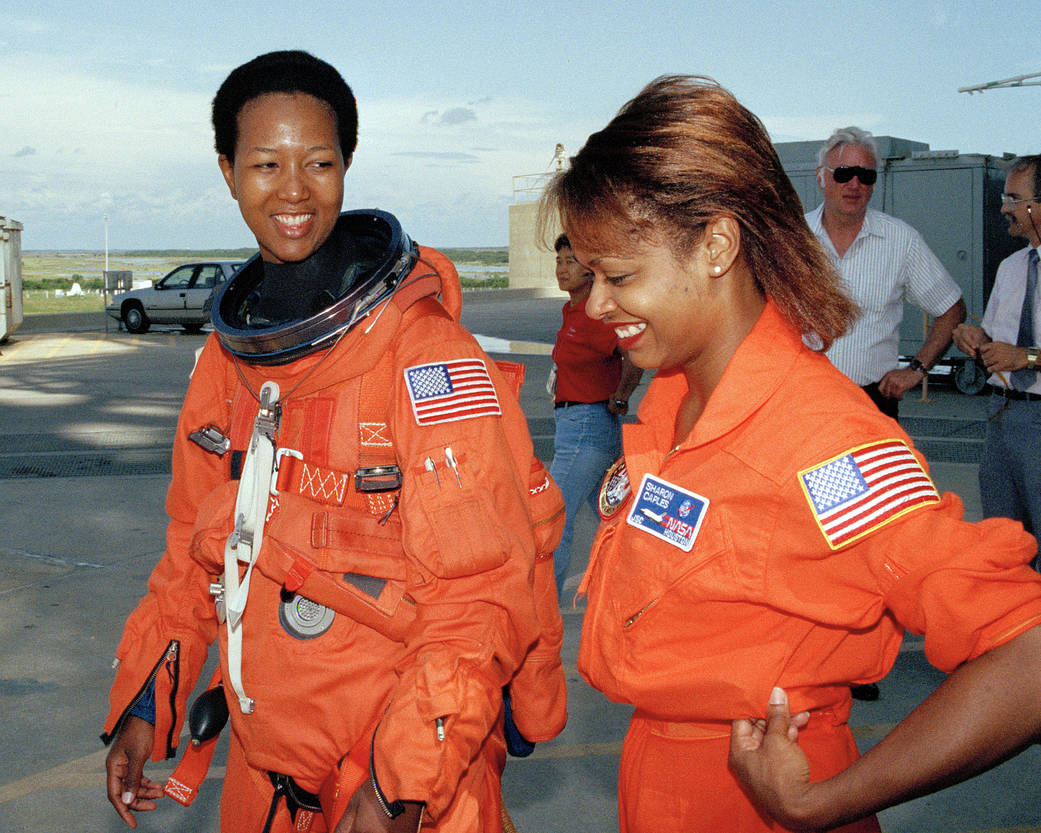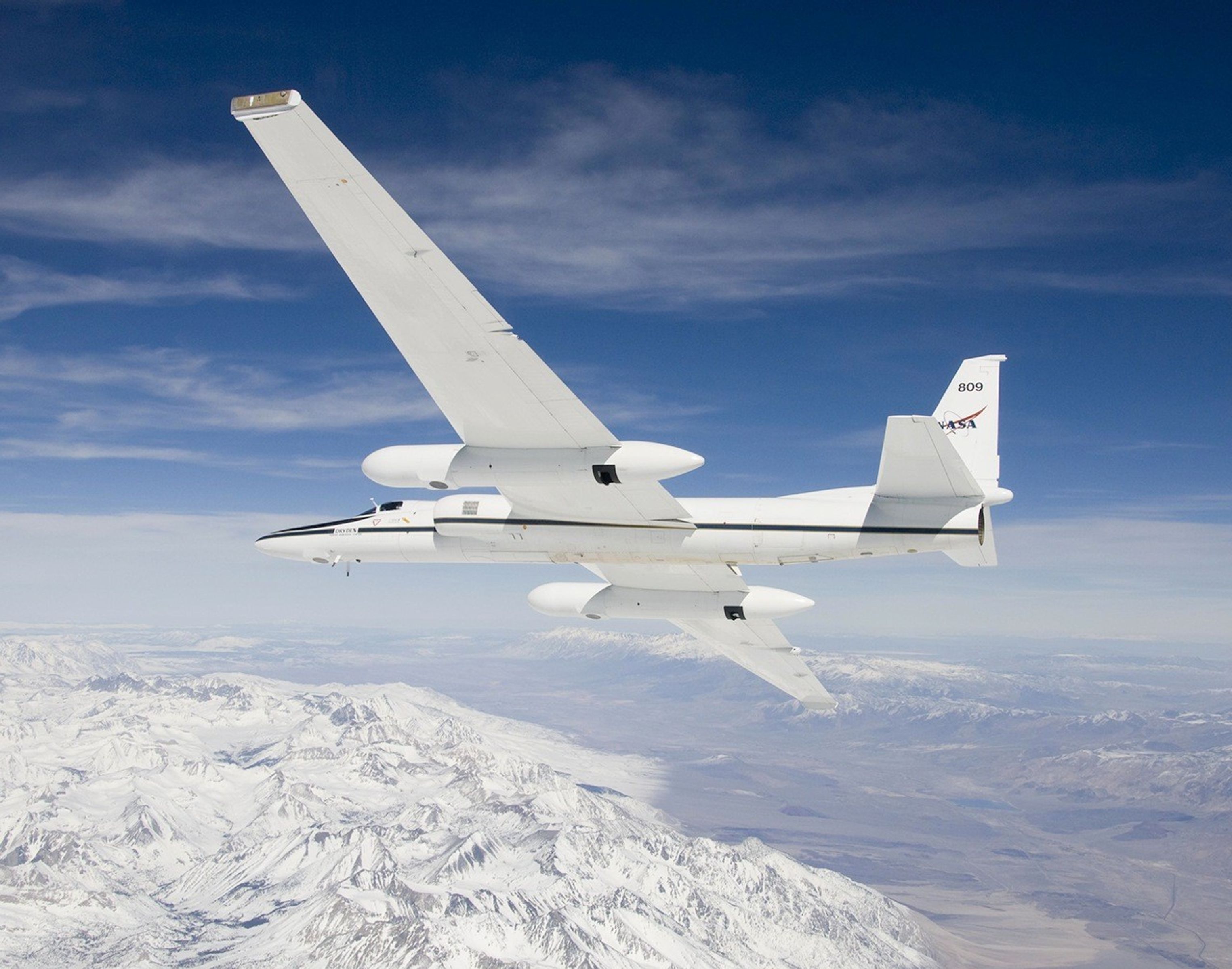NASA Selects University Teams to Explore Innovative Aeronautical Research
NASA has selected another five university teams to participate in real-world aviation research challenges that could help transform flight in the skies above our communities.

4 min read
Preparations for Next Moonwalk Simulations Underway (and Underwater)

NASA has selected another five university teams to participate in real-world aviation research challenges that could help transform flight in the skies above our communities.
Research topics range from safeguarding automated aircraft from cyberattacks to finding ways to help aircraft operations across the nation more quickly recover from delays due to major storms or technical problems.
“The idea is to give students, faculty and their partners the chance to conduct research – both physical and digital – that helps us realize our vision for 21st century aviation that is sustainable and offers more diverse air travel options,” said Koushik Datta, University Innovation project manager for NASA’s Aeronautics Research Mission Directorate.
The University Innovation project includes two efforts through which universities are invited to submit research proposals and from which teams are then selected: the University Leadership Initiative (ULI) and the University Student Research Challenge (USRC).
A key ULI goal is for faculty-led student teams to gain experience by participating in aeronautics research on a multidisciplinary team made up of partners from other universities and industry, including faculty and student populations who are underrepresented or have not applied their skills to aviation problems.
Meanwhile, in addition to conducting technical research, student-led USRC teams help them develop skills in entrepreneurship and public communication. Each team of students selected receives a USRC grant from NASA – and the additional challenge of raising funds from the public through student-led crowdfunding.
ULI makes selections once a year, while USRC manages multiple selection cycles each year, with proposals for the next selection cycle due by 5 p.m. EDT on March 21. Visit the NASA Aeronautics Solicitations page for more information.
For ULI, three teams were selected resulting in a total of $18 million in awards during the next three years. For each team, the proposing university will serve as lead. The new ULI selections are:
University of California, Berkeley
The team will test ideas for improving the ability of the National Airspace System to become more resilient to reduce the disruptive impact major storms, facility outages, and other technical issues can have on airline flight operations. Team members include University of Maryland, University of Michigan, Morgan State University, University of Pennsylvania, Elizabeth City State University, United Airlines, Patty Clark Aviation Advisors, ATAC Corporation, Mead and Hunt, American Airlines, Vaughan College of Aeronautics and Technology, The Federal Aviation Administration, Lansing Community College, Community College of Philadelphia, and City College of San Francisco.
Ohio University
The team will seek to solve technical challenges associated with the ability of large drones to safely taxi, take off, and land at airports using automated navigation systems. Team members include Illinois Institute of Technology, Virginia Polytechnic Institute and State University, Tufts University, Stanford University, Veth Research Associates LLC, Reliable Robotics Corporation, Boeing, and Virginia Tech Transportation Institute.
The George Washington University
The team will investigate measures that can be taken to safeguard autonomous aircraft flying in high-density urban airspace from cyberattacks that could disrupt safe operations. Team members include Vanderbilt University, Purdue University, Tennessee State University, University of California, Irvine, The University of Texas at Austin, Collins Aerospace, Northern Virginia Community College, Cyber Security and Privacy Research Institute at The George Washington University, Skygrid (a Boeing Company), and the Secure Resilient Systems and Technology Group at MIT Lincoln Laboratory.
For USRC, NASA selected two new university student teams to participate in this cycle with a USRC grant that can be up to $80,000. The new USRC selections are:
Cornell University
The team’s project is titled “Learning Cooperative Policies for Adaptive Human-Drone Teaming in Shared Airspace” and will work to enable new coordination and communication models for smoother, more efficient and robust air traffic flow. The student team members are: Mehrnaz Sabet (lead), Aaron Babu, Marcus Lee, Joshua Park, Francis Pham, Owen Sorber, Roopak Srinivasan, and Austin Zhao. Faculty mentors are Sanjiban Choudhury and Susan Fussell.
University of Washington, Seattle
The team’s project is titled “Investigation on Cryogenic Fluid Chill-Down Time for Supersonic Transport Usage” and will investigate using vortex generators to reduce the boil-off of cryogenic fluids in pipes. Student team members are Ryan Fidelis (lead), Alexander Ala, and Robert Breidenthal. The faculty mentor is Fiona Spencer.
Share
Related Terms
What's Your Reaction?


















